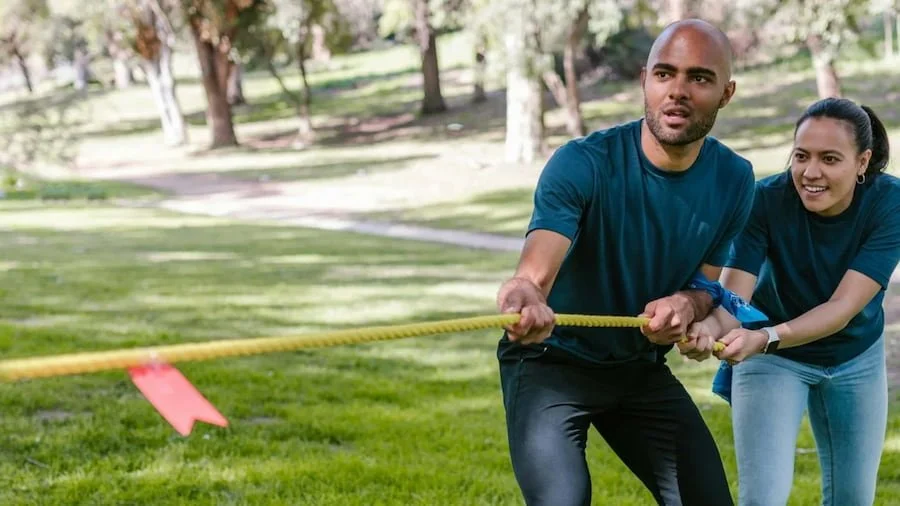How ADHD Affects Romantic Relationships
How ADHD Shows Up in Relationships
When ADHD is part of a relationship, it often appears in subtle ways at first. Small behaviors—like getting distracted during conversations or forgetting a small task—may not seem like much in isolation. But over time, these patterns can accumulate, creating stress, misunderstandings, and emotional distance between partners.
Some common challenges couples notice include:
Communication struggles: Conversations can feel one-sided if the ADHD partner interrupts frequently or drifts off mid-discussion. For the other partner, it may feel as if they’re not being heard.
Forgetfulness: Special dates, household responsibilities, or agreements may unintentionally slip through the cracks. What feels like carelessness to one partner may simply be a memory lapse caused by ADHD.
Impulsivity: Acting on impulses might lead to decisions that impact the couple, such as overspending or saying something hurtful without realizing the effect.
On the surface, these behaviors may seem like flaws in character or effort. In reality, they stem from the way the ADHD brain processes information and manages focus. Without that understanding, small annoyances can snowball into cycles of frustration and resentment.
The Experience of the Non-ADHD Partner
For the non-ADHD partner, these patterns can feel exhausting. They may end up taking on a larger share of daily responsibilities, like organizing schedules or keeping the household running smoothly. Over time, this imbalance can lead to feelings of burnout and disconnection.
Some of the most common emotional impacts include:
Frustration: What feels like a routine task for one partner may feel monumental to the other, leaving both sides exasperated. For example, remembering to pay a bill on time may require extra effort for someone with ADHD, while their partner may see it as second nature.
Feeling unappreciated: When one partner is carrying more of the load, it’s easy to feel invisible. If ADHD-related forgetfulness is mistaken for indifference, resentment can grow quickly.
Loneliness or neglect: On particularly difficult days, the non-ADHD partner may feel that their emotional needs are overlooked because their partner is too distracted or preoccupied.
It’s important to note that these reactions usually aren’t about a lack of love. Rather, they reflect the difficulty of separating the person from the patterns caused by ADHD. With awareness, both partners can start to see the difference and respond with greater compassion.
Shifting From Frustration to Understanding
The challenges ADHD brings to relationships are real, but they don’t have to define the partnership. By recognizing how ADHD affects communication, memory, and emotional regulation, couples can reframe problems as opportunities for growth. What once felt like a personal slight can be understood instead as a symptom of how the ADHD brain works.
This shift from blame to understanding is often the turning point in helping couples rebuild connection. When both partners approach challenges as a team, it becomes easier to find solutions, share responsibilities fairly, and foster empathy for one another’s experience.
Conclusion & Call to Action
Living with ADHD in a relationship can sometimes feel like navigating uncharted waters—but you don’t have to figure it out alone. Understanding how ADHD impacts both partners is the first step toward creating a stronger, more balanced connection. With the right support, these challenges can be transformed into opportunities for teamwork and growth.
At Crystal River Counsellors, we specialize in helping couples manage ADHD dynamics with compassion and practical tools. If you’re ready to strengthen your relationship, reach out today to learn more about our ADHD Couples Retreats and therapy options.

